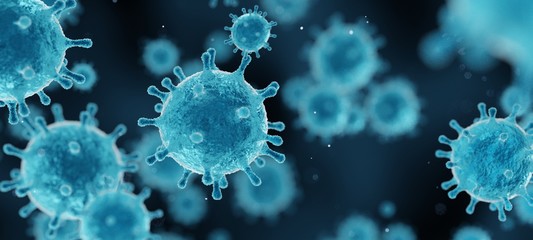
What is Meningococcal disease?
Meningococcal disease is a bacterial infection caused by Neisseria meningitidis bacterium that can lead to severe illness or death.
What are the symptoms of meningococcal disease?
Symptoms include inflammation of the membranes covering the brain and spinal cord (meningitis), a severe blood infection (meningococcemia), a rash of red or purple pinprick spots or larger bruises, cold hands and feet, drowsiness, confusion, reduced consciousness, fever, headache, stiff neck.
How is it transmitted?
The bacteria spreads through the exchange of respiratory and throat secretions like saliva or spit. This can happen by coughing, living in close quarters, kissing.
How do you protect yourself?
The best way to prevent meningococcal disease is to stay up to date with recommended vaccines. Meningococcal conjugate or MenACWY vaccines are available.
The CDC recommends meningococcal vaccination for: all preteens and teens, children 2 months through 10 years at increased risk and adults 19 years and older at increased risk.
Treatment includes antibodies, given through an IV, steroids and other medicines to control brain swelling, IV fluids, medications to raise your blood pressure and breathing support.
Does the meningococcal conjugate vaccine cause any reactions?
Most people who get the vaccine don’t have any problems with it. Some mild side effects are redness or soreness where the shot is given, muscle pain, headache and feeling tired. These typically go away on their own in a few days.